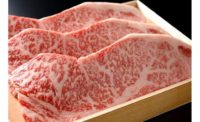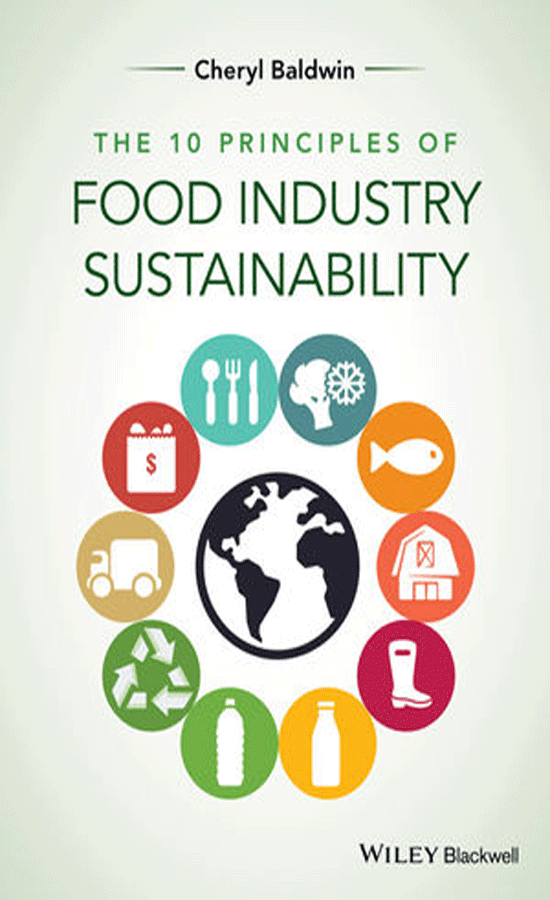Independent Thoughts
Beefalo, it’s what’s for dinner … ?

Let’s be honest: Meat is one of the cool kids of the entire food category — maybe the coolest right now.
Don’t think so? Food marketers sure do. Witness the weekly rollout of alternative protein products, whether plant-based or lab-grown, all hoping to hitch a ride on consumers’ love of meat (meat eaters make up 74% of consumers, according to The Power of Meat survey).
But behind many consumers’ love of burgers, pork chops and chicken wings lurks a sense of dietary guilt. Despite consumers’ strong preference for eating meat, more than a one in three (37%) who eat meat say they are trying to eat a little less of it, largely out of concern for health and a balanced diet.
Tapping into those concerns about eating meat and health is a key element in what’s driving marketers’ scramble into the alternative proteins category: Conflicted meat eaters looking for what they consider to be a more healthful protein option.
Hoping to offer a possible solution to that consumer conundrum is the beefalo. Don’t let the name mislead you, because beefalo are not a 50-50 cross between cattle and bison. According to the American Beefalo Association, beefalo is a cross between domesticated cattle and 37.5% American bison, with that genetic mix yielding the best qualities of both animals.
U.S. Department of Agriculture testing has found that beefalo boasts superior vitamin levels, higher protein, almost a third less cholesterol, 79% less fat and 66% fewer calories than conventional beef.
Numbers like those definitely give that one-third or so of guilt-ridden meat eaters some food for thought. Another advantage for time-starved consumers: Beefalo takes 30% less time and a third less heat to cook.
Given its heritage as a North American native grazing species, beefalo also offers advantages for sustainable production. The association says that thanks to its bison lineage, beefalo is perfectly adapted to the North American climate, possessing natural disease resistance, efficient foraging and high fertility.
Raising beefalo results in 40% less costs and inputs than conventional beef, with the breed’s traits making them well suited for grass-fed, all-natural, organic and hormone-free meats.
Looking for a reprint of this article?
From high-res PDFs to custom plaques, order your copy today!
.png?height=96&t=1647275041&width=96)







